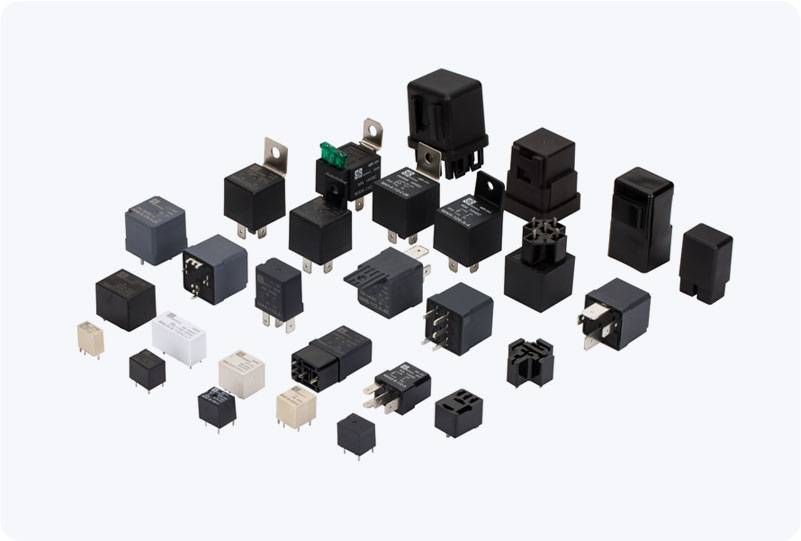understanding motor control power relay: key features and applications
Release time:2025-11-16 19:44:30
A Motor Control Power Relay is a crucial component in industrial automation and control systems. It is used to control the power supplied to electric motors, enabling them to start, stop, or switch between different operational modes. These relays are widely used in a variety of applications, from machinery control to automation systems, offering a reliable and efficient solution for managing motor operations. This article explores the key features, working principles, and various applications of motor control power relays.

What is a Motor Control Power Relay? A Motor Control Power Relay is an electromechanical device that acts as a switch for controlling electric motors. It is designed to handle high-current loads, making it essential for controlling the power supply to motors in industrial and commercial settings. The relay consists of an electromagnet (coil) that, when energized, causes a mechanical switch to close or open, allowing or interrupting the flow of electricity to the motor. The relay can be activated either manually or automatically through a control signal from a programmable logic controller (PLC), a switch, or other control systems. The ability to handle substantial power and to function reliably under high load conditions makes the motor control power relay indispensable for motor-driven equipment.

